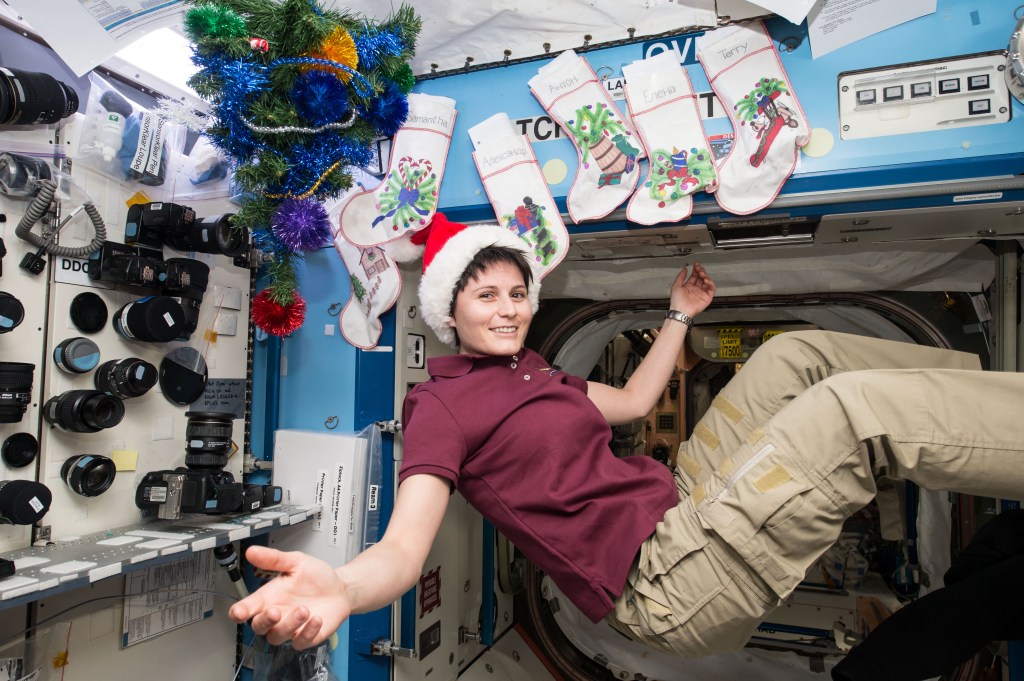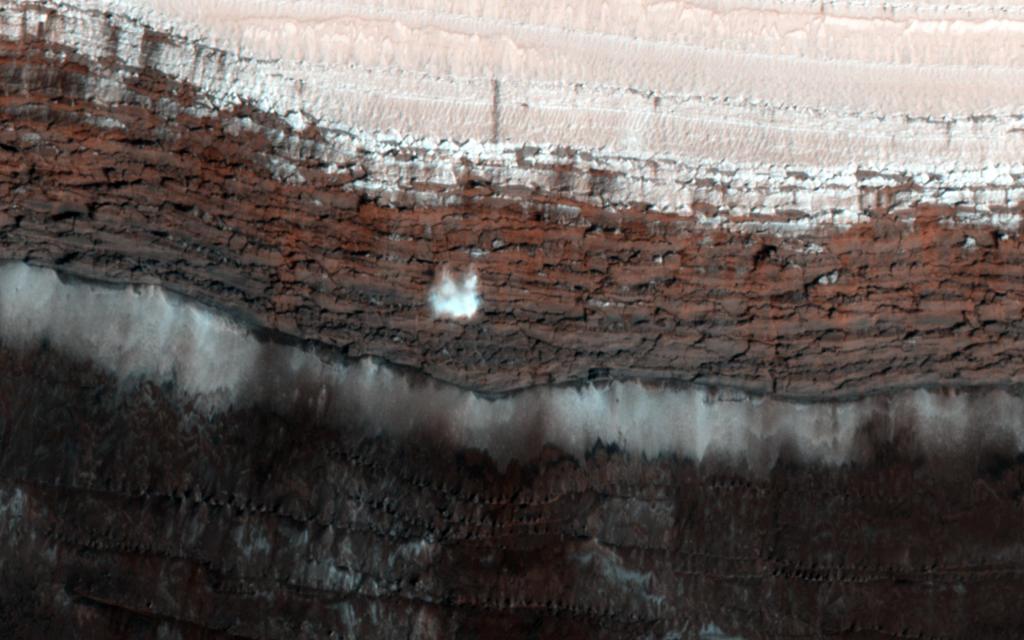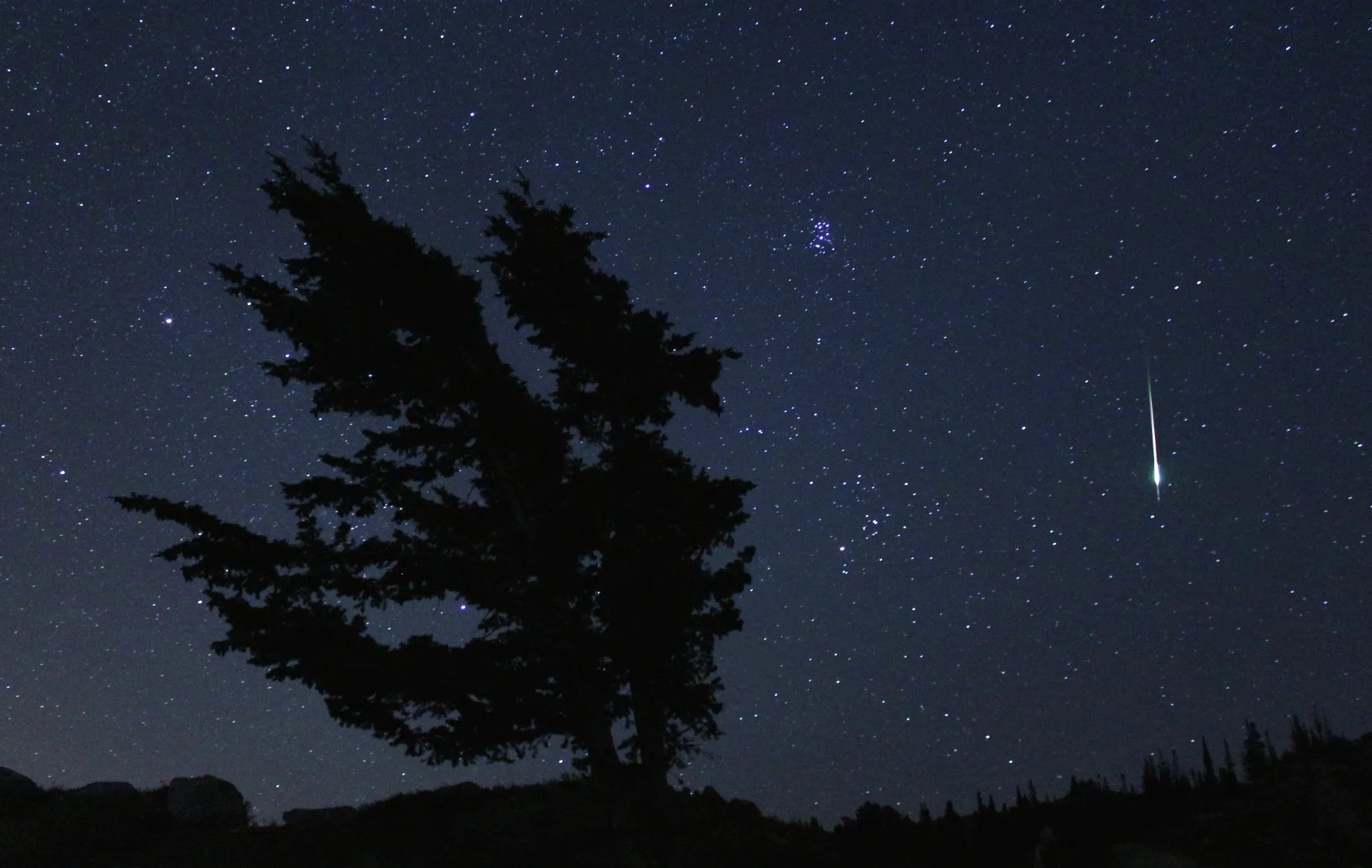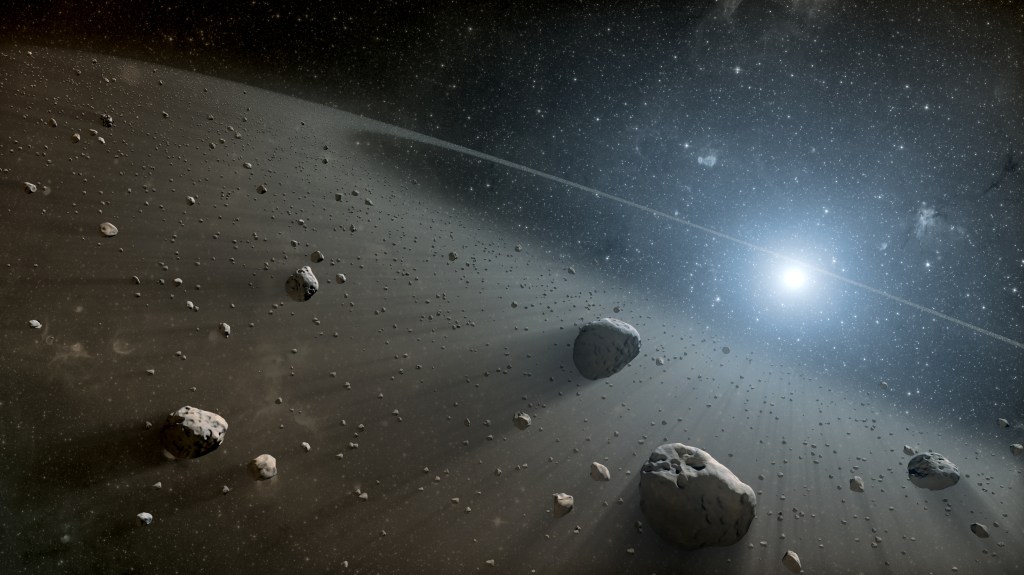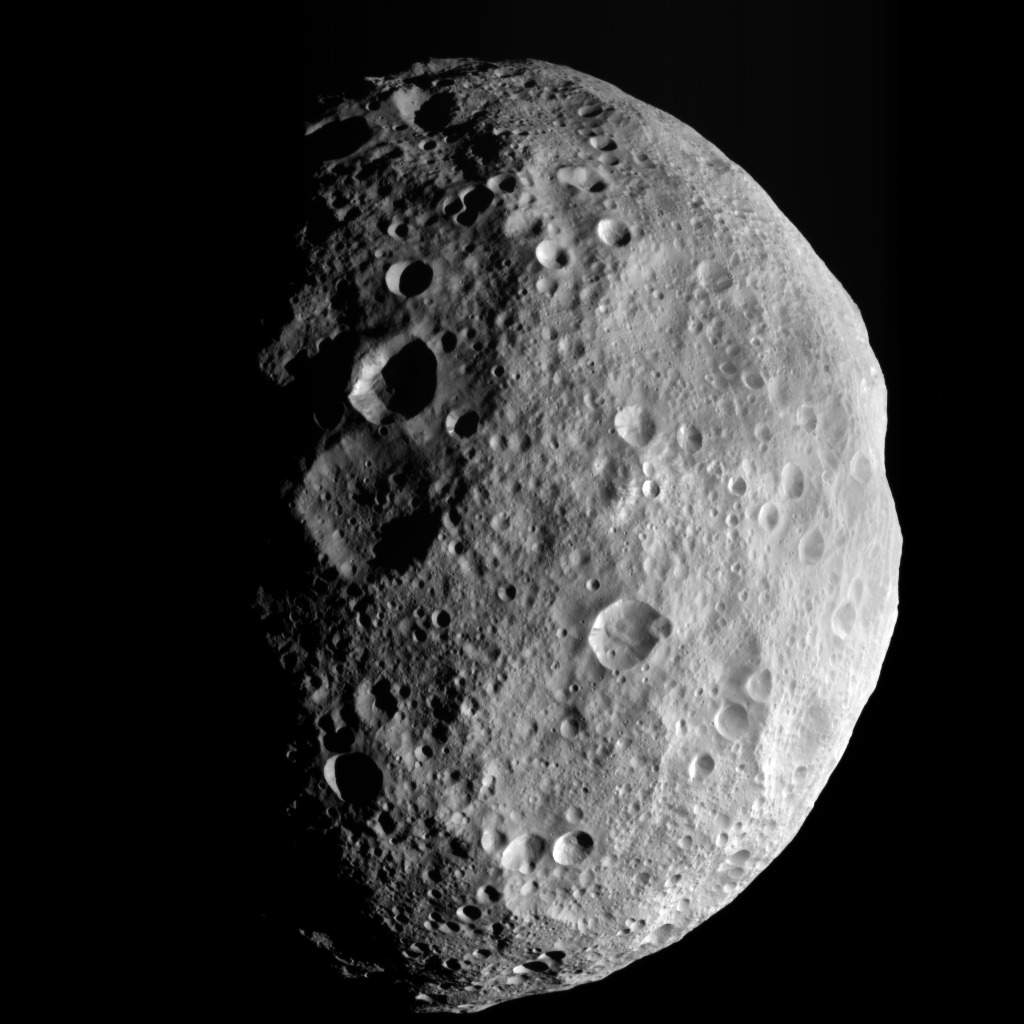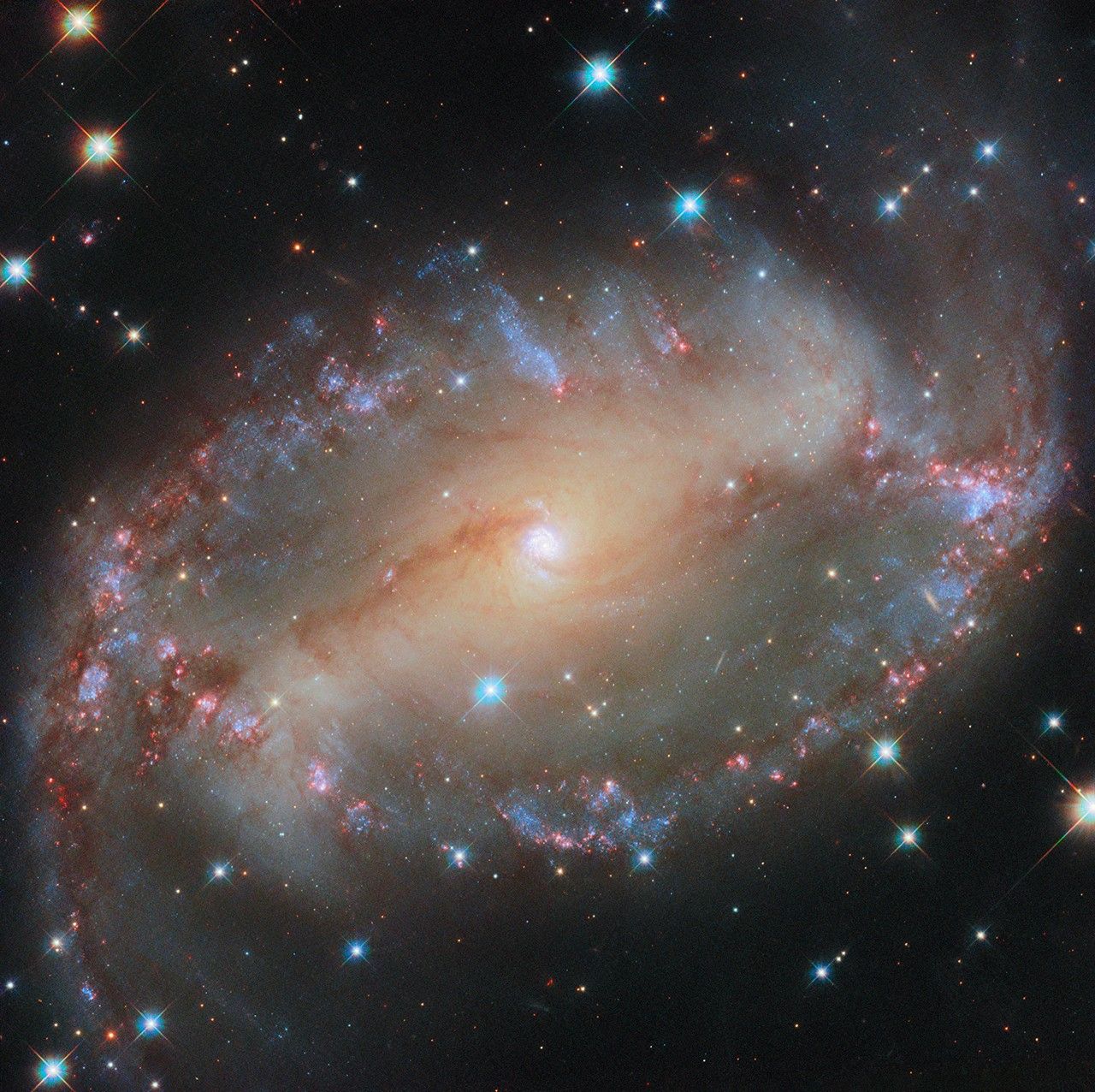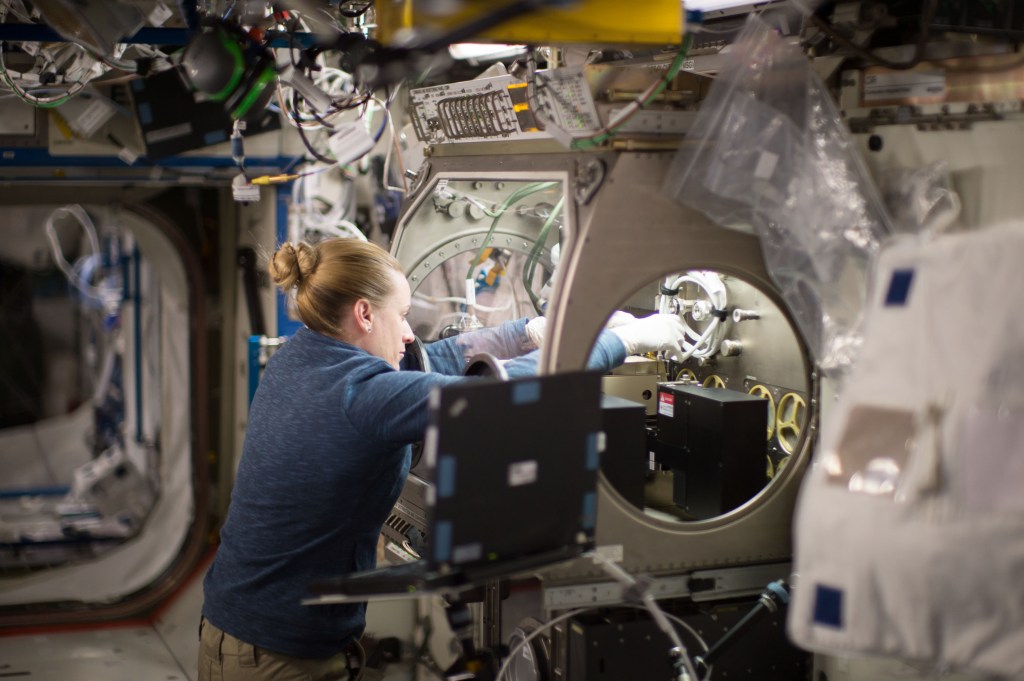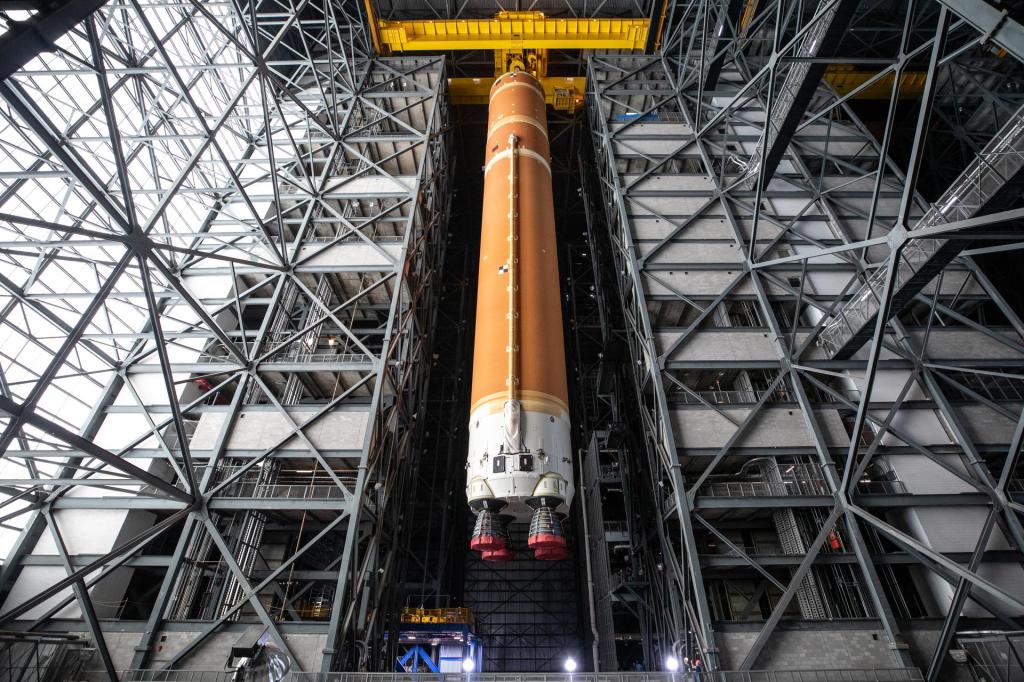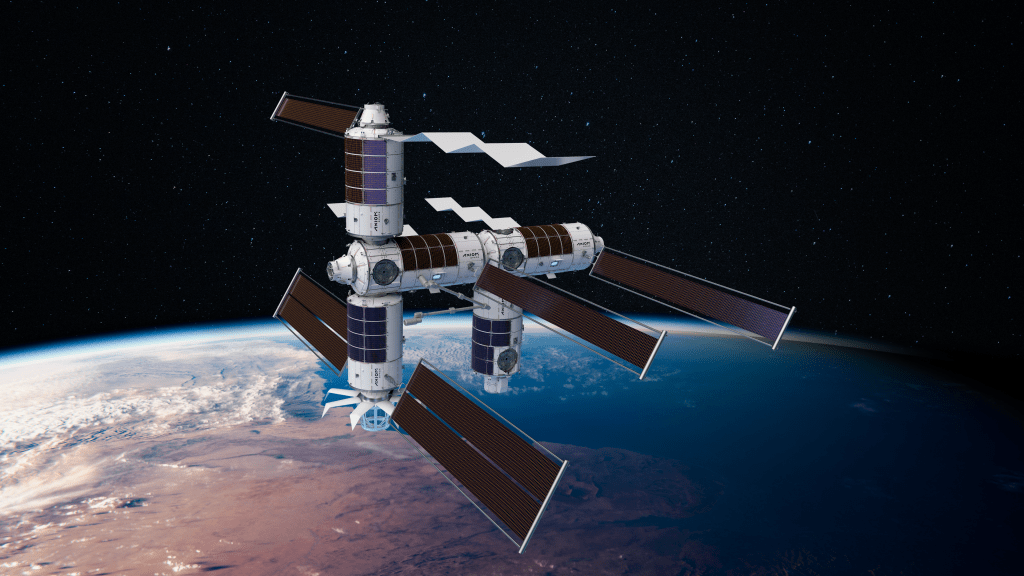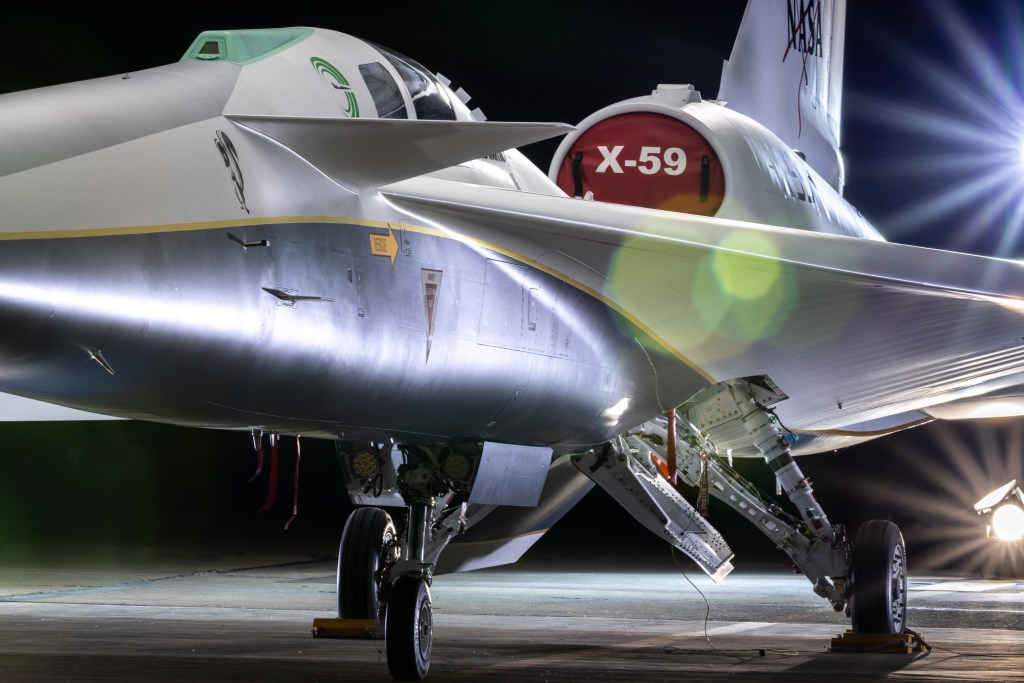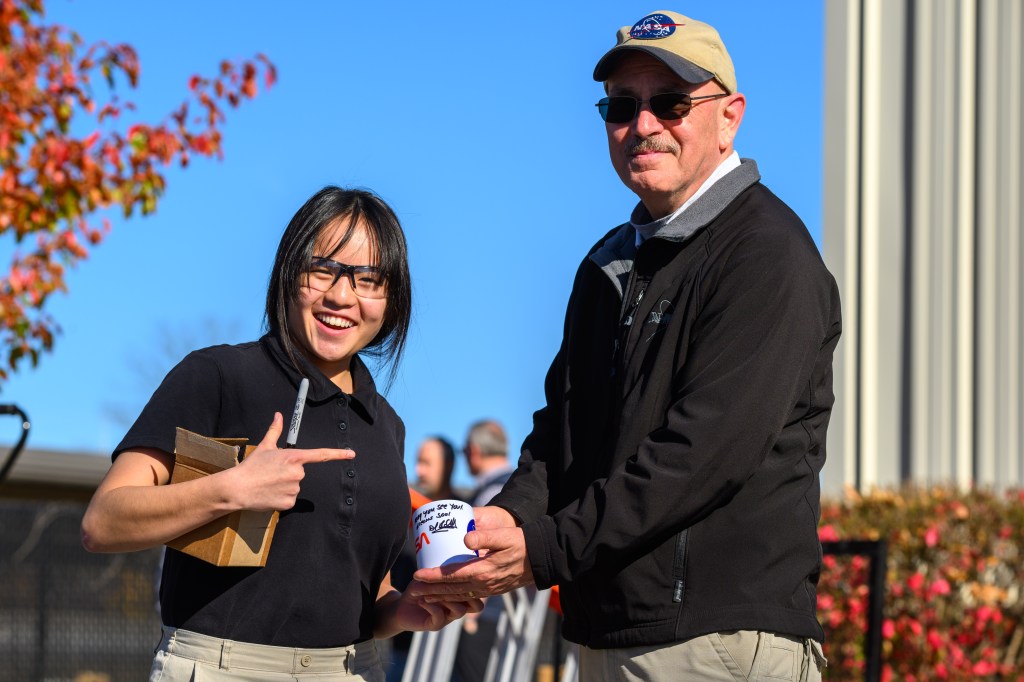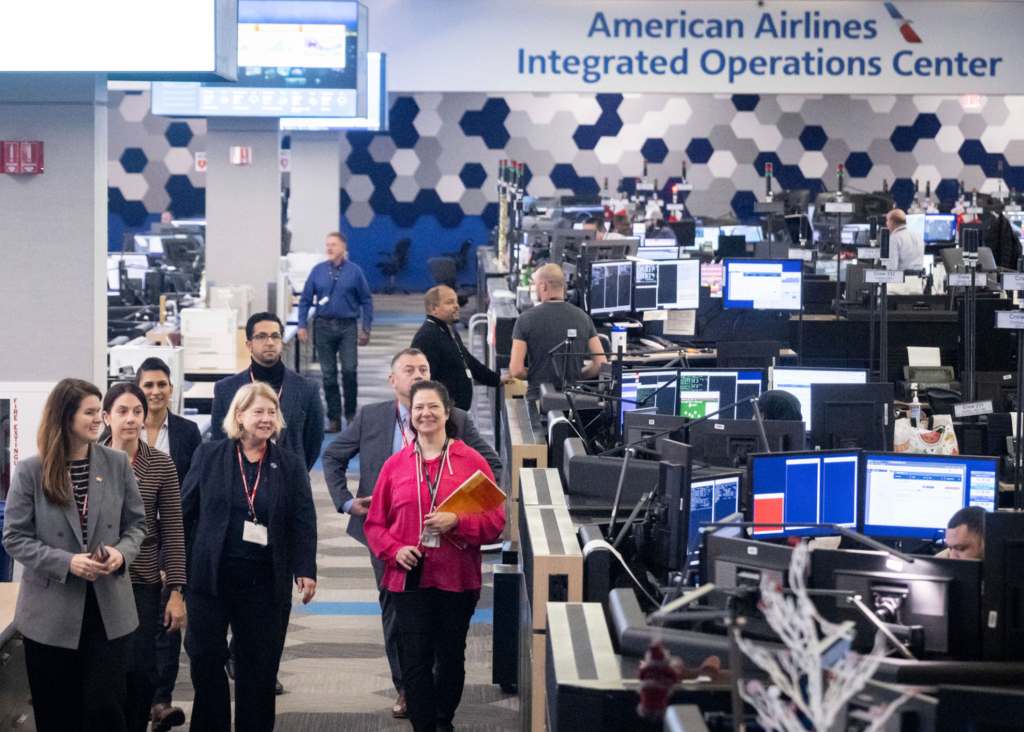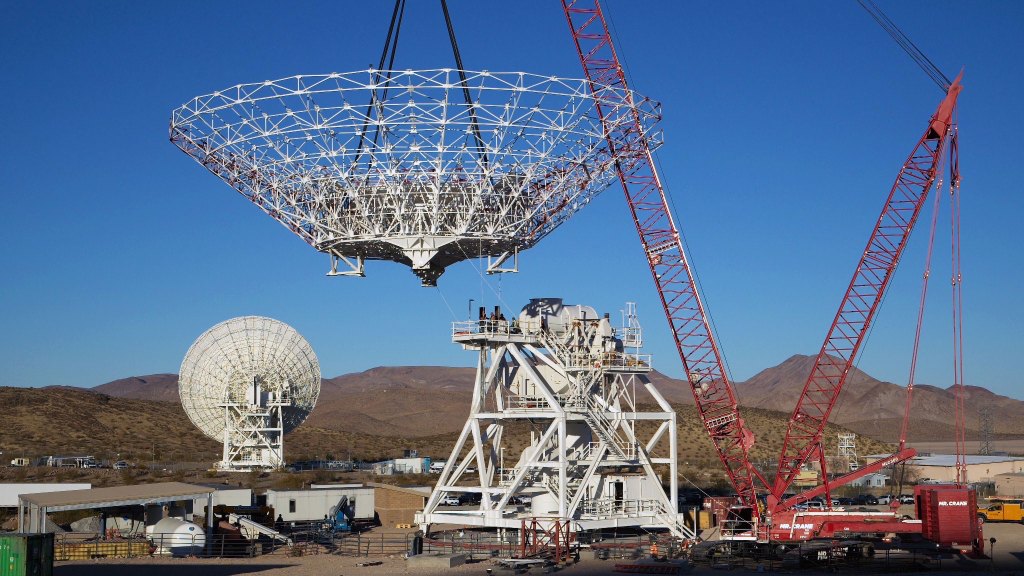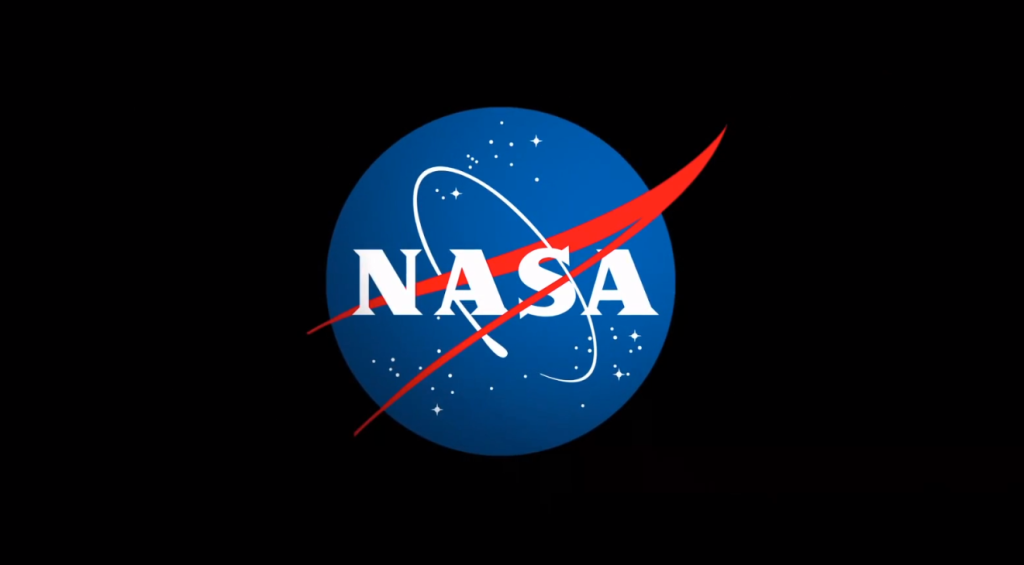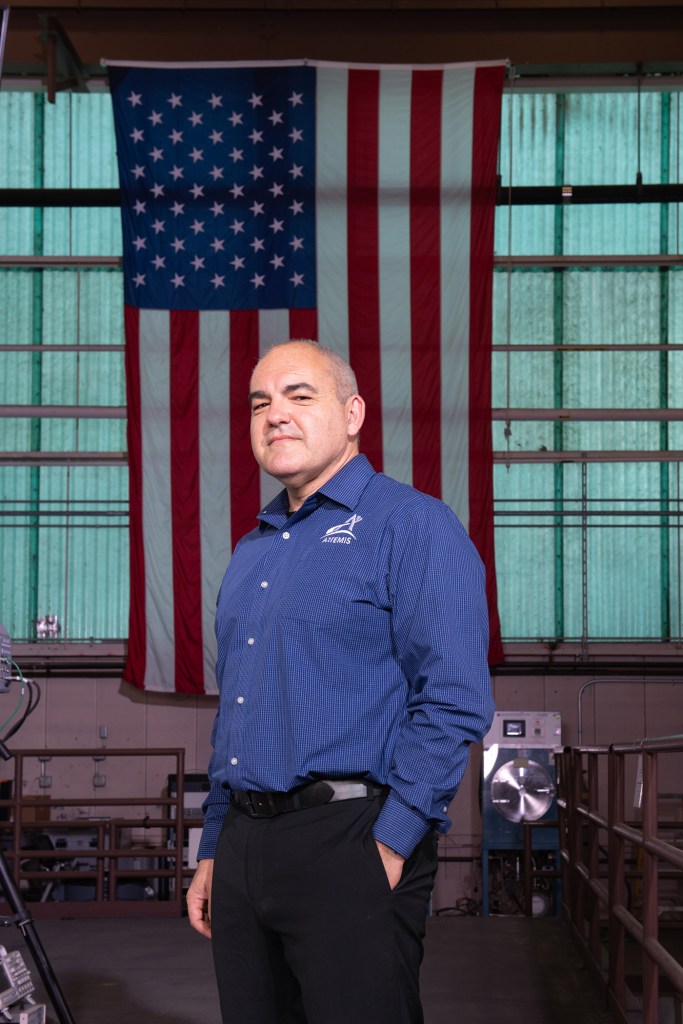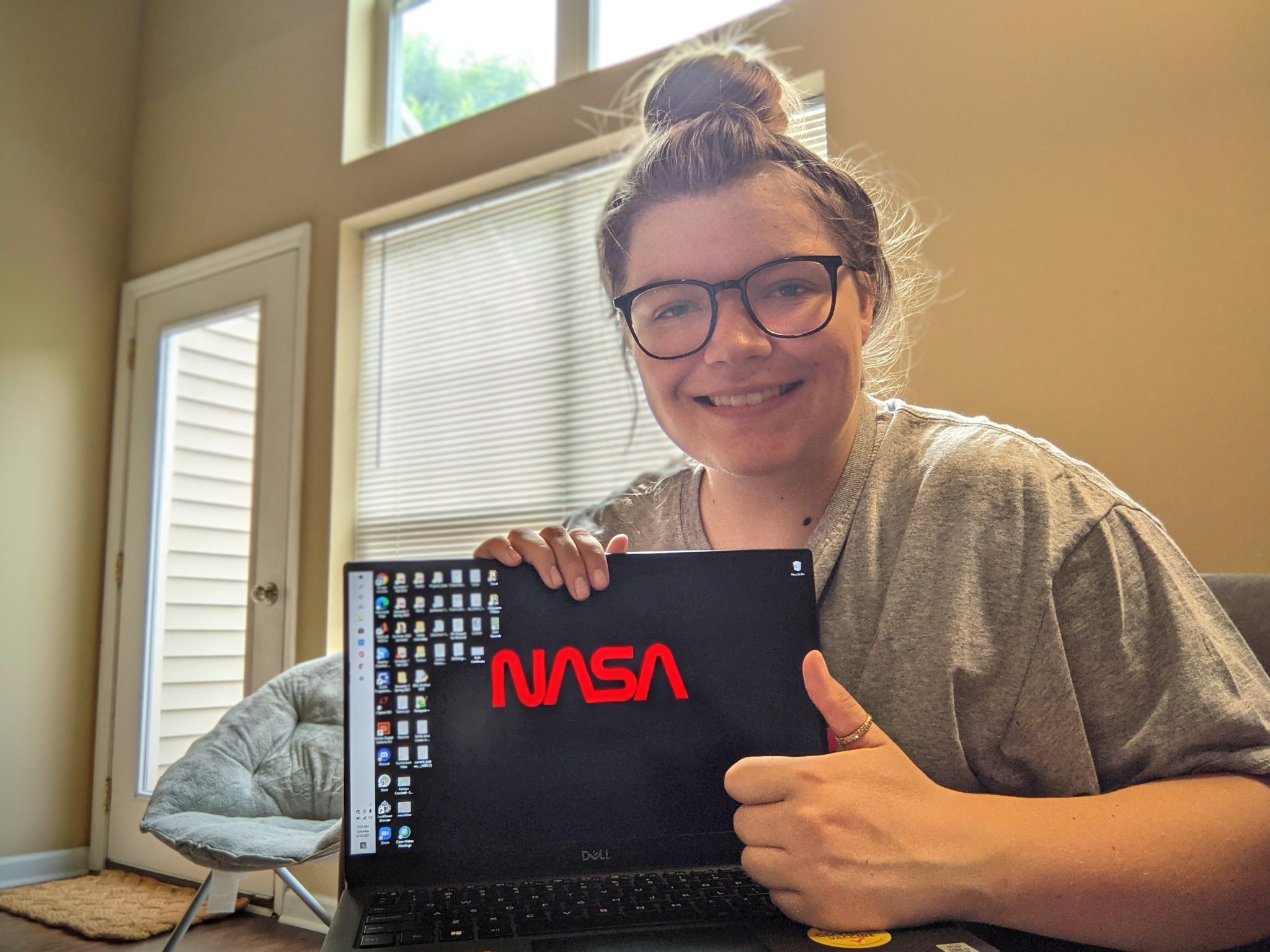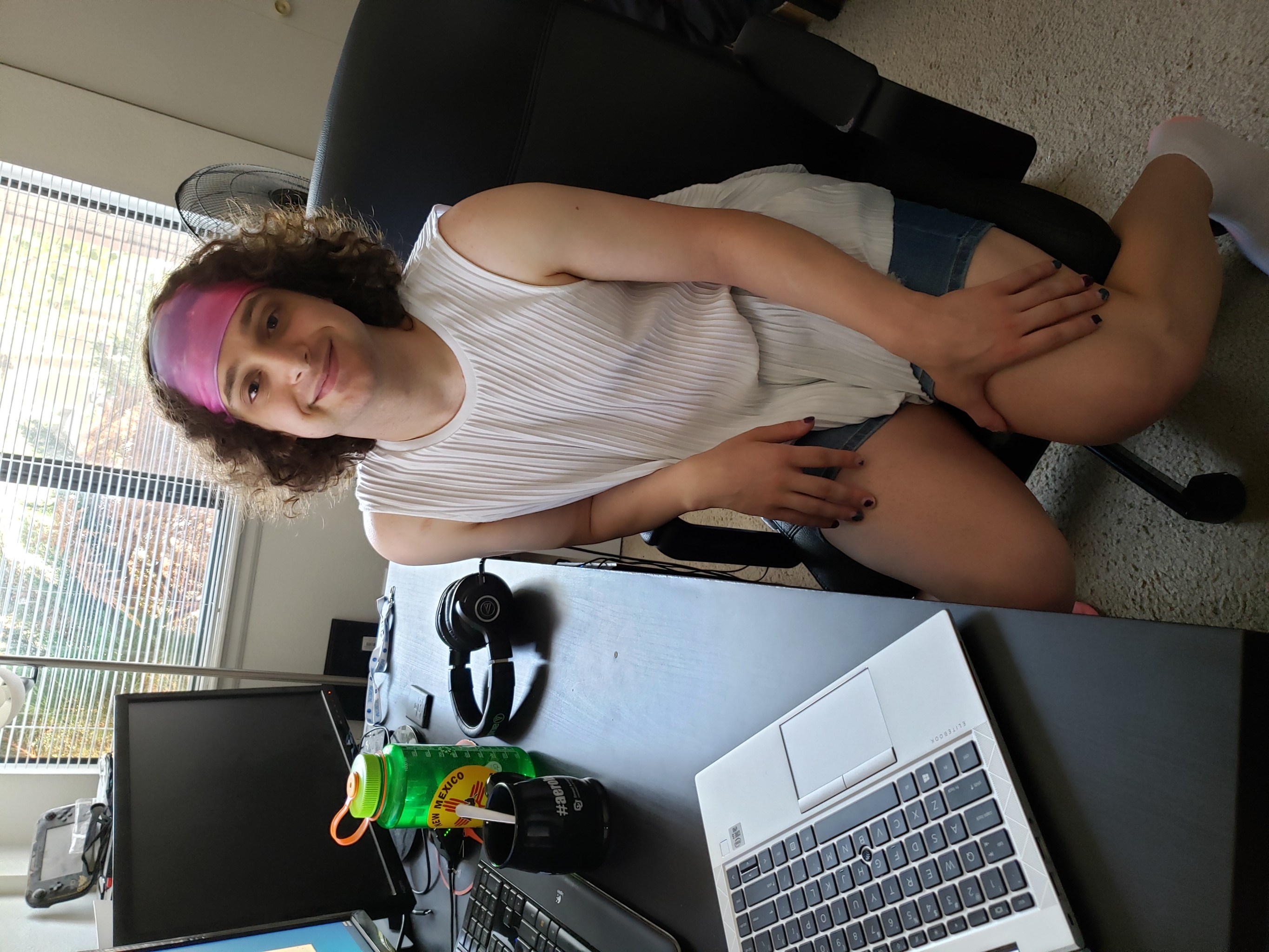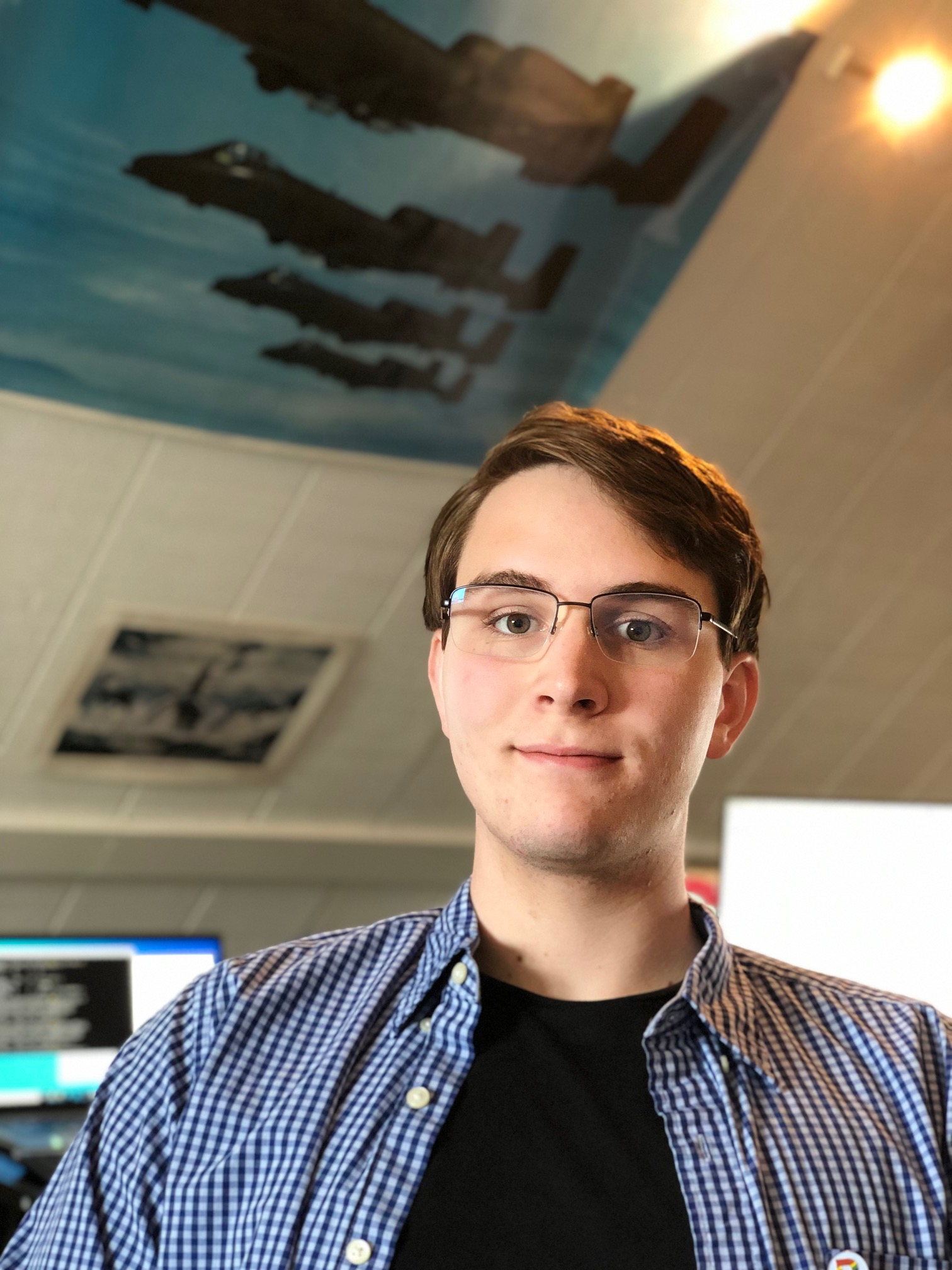For members of the LGBTQ+ community and their allies, Pride Month is more than 30 days in June to reflect on the past and celebrate the future. It is also an opportunity to live life out loud and openly, something interns at NASA’s Langley Research Center in Hampton, Virginia don’t take for granted.
Melis Grace knows about the struggle in being her full, authentic self. Being a transgender woman, Grace feels a sense of gratitude to those who broke barriers that opened up opportunities for her interning for Langley’s Atmospheric Flight and Entry Systems Branch.
“This month will mark a milestone in a long journey,” she said, “a climb I’m still on, one that sees many of us perish along the way.”
At NASA, diversity and inclusion drive workplace creativity, innovation and mission success. Pride Month is held annually each June to promote the self-affirmation, dignity, equality and increased visibility of lesbian, gay, bisexual, transgender and queer people as a social group. Grace and other LBGTQ+ members are part of a diverse group of interns at Langley who are contributing to the agency’s missions and goals through their work and also through their personal examples.
“For me, it’s always been about using my abilities to do something bigger than myself that could benefit people all over the world, and NASA’s mission embodies that more than any other entity out there,” said intern Katelyn Crockett.
The inspiration for these interns can be something as small as a family vacation to a NASA center or witnessing missions on TV or online.
“Even now, I still get this sort of child-like excitement when I see something about a big NASA launch or new research coming out,” she said. “I honestly think that passion is something so ingrained in me it will never go away.”
Crockett and Grace site luminaries like Sally Ride, Mae Jamison and Katherine Johnson as influences for joining NASA’s ranks – whether they advanced the causes for women, Black people, and LBGTQ+ people.
“They were living their best lives despite facing incredible challenges in a time and society that didn’t appreciate or humanize them,” Grace said. “They persisted and left incredible legacies by being themselves.”
One intern was driven to NASA by Andy Weir’s hit book and subsequent movie “The Martian.”
“I have read that book more times than I care to admit but in it, Mark Watney’s persistence to keep trying and how he uses all his skills as an engineer I always found very inspiring especially when I was out of my depth in a project,” said intern Nathan Schaff.
Interns have citied their families as key support systems in their respective journeys. Schaff, who is bisexual, has a sibling who is non-binary, genderfluid and asexual, joking saying they almost have all the letters in LGBTQ+.
“My family is definitely proud of where I’m at now,” he said. “I couldn’t ask for a better family.”
While Pride Month is a positive time for many, the month can also reveal true ally and others who are against LGBTQ+ people.
“I think Pride month really distills who’s on your side and who isn’t and while it shows how much progress has been made it also makes clear just how much is still left to go,” Schaff said.
Crockett, Grace and Schaff know that they will leave a trail for other LGBTQ+ people to follow at NASA, a realization they don’t take lightly.
“I’m not even sure what legacy I’ll leave, but I hope that just by existing and showing others that I’m a person too, that trans people and others in the queer community are just as capable of getting stuff done, that will help chip away towards a future where we don’t have to be in the spotlight,” Grace said.
While the spotlight on LGBTQ+ people is bright based on their respective identities, their work will also continue to be foundational for the agency’s missions and goals – and for all humankind.
“Just like LGBTQ+ members that came before taught me through their work that I would be able to achieve anything no matter my identity,” Crockett said, “I want to be the person who does that for younger generations coming up who will replace me in the future.”
Schaff agrees, saying there is a responsibility to safeguard the progress made while making new strides for those in the future.
“It’s a constant fight to make sure everyone in the community is given the rights they deserve as human beings and are treated fairly,” he said. “We didn’t start this movement and I doubt we’ll be the ones to finish it so our job is to keep pushing forward so that the next generation can live a life without the prejudices that we had. That’s our responsibility.”
Eric Gillard
NASA Langley Research Center

